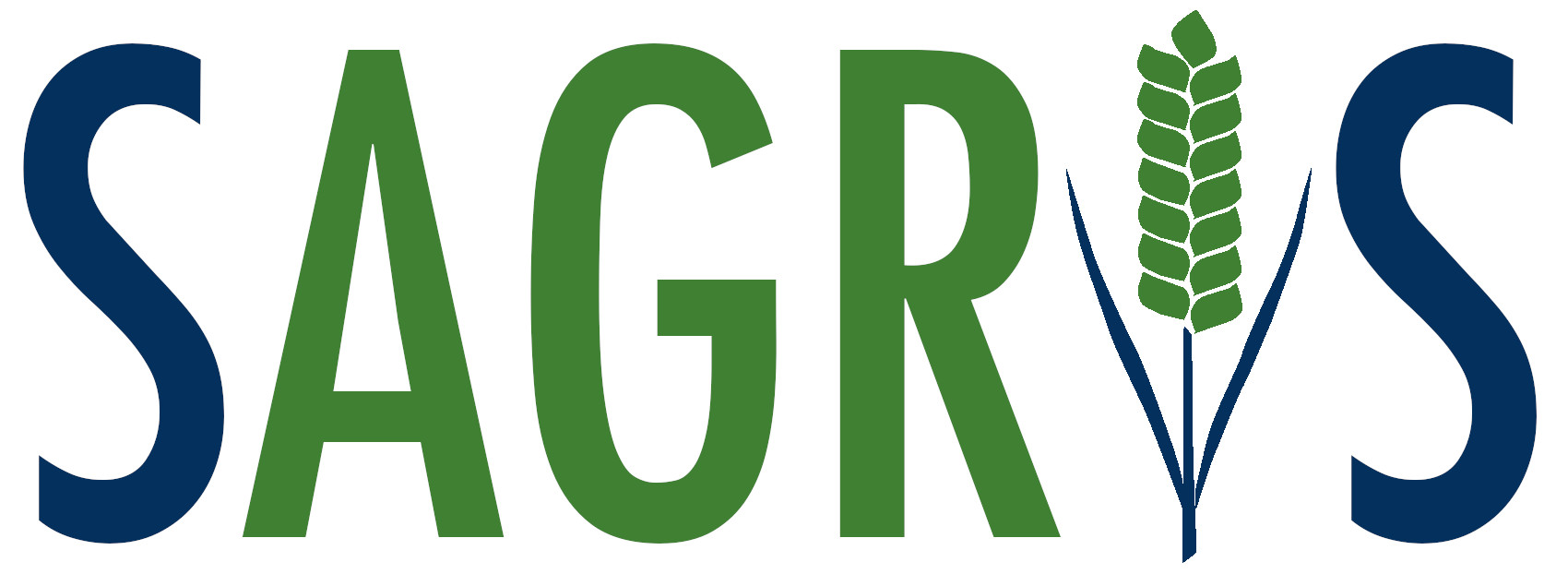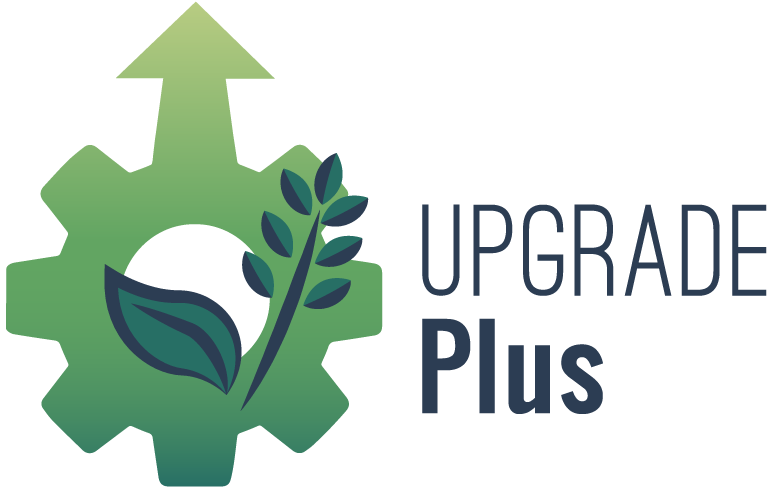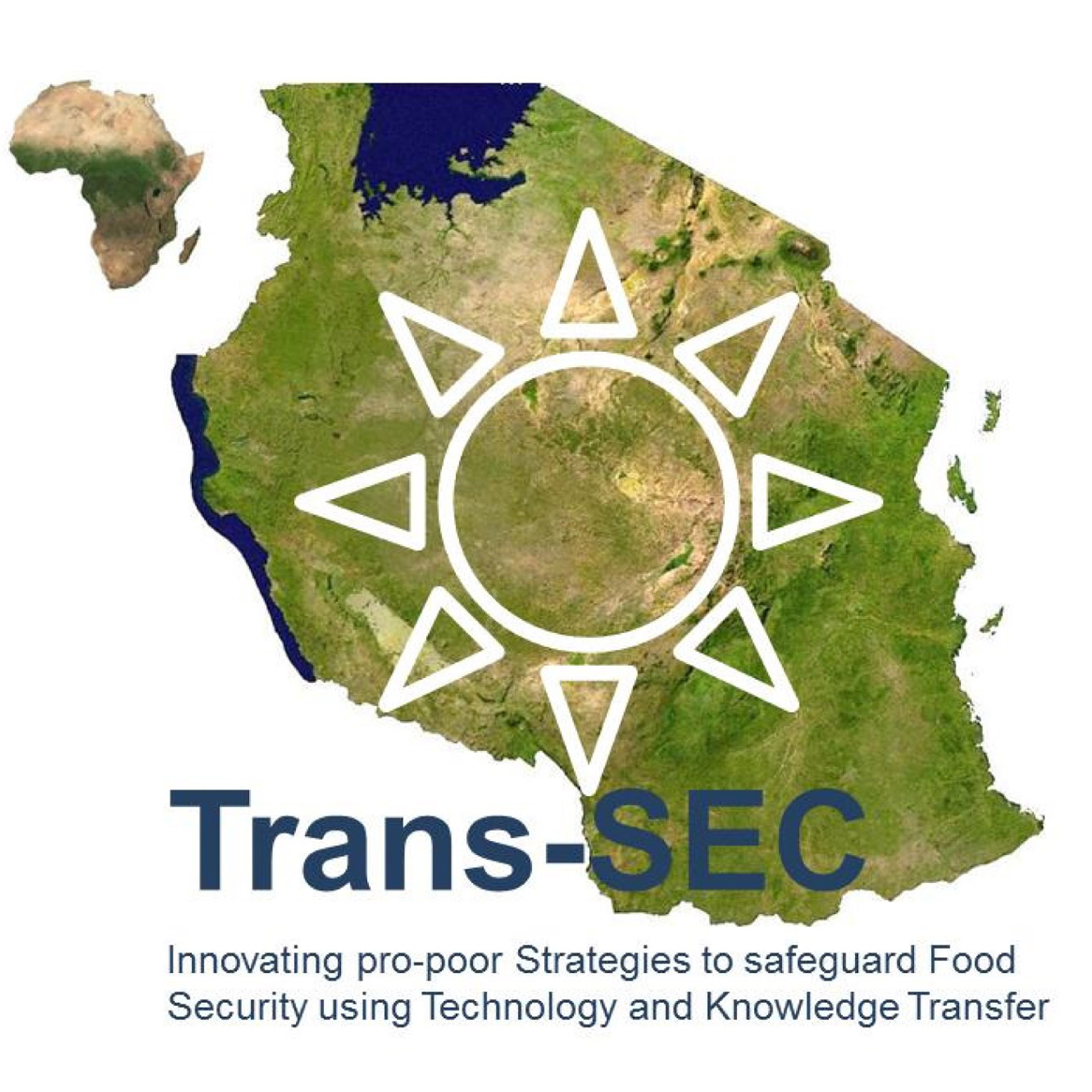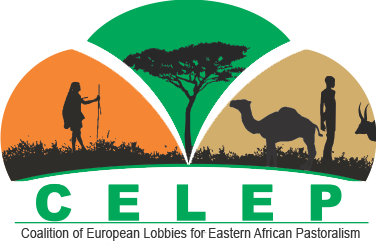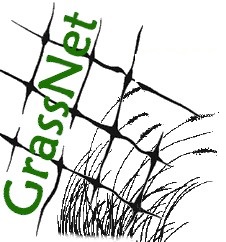1945 – 1972
Nach dem Zweiten Weltkrieg sind die Gebäude zunächst weiterhin vom städtischen Krankenhaus belegt. Schon bald ziehen Bildungseinrichtungen der Agrarwirtschaft ein. Ab 1957 wird der entwicklungsländerbezogene Lehretrieb in tropischer und subtropischer Landwirtschaft aufgenommen. Der Lehrbetrieb wird in eine Staatliche Ingenieurschule überführt und diese wird 1971 in die neu gegründete Gesamthochschule – heute Universität – Kassel integriert. Das DITSL fokussiert sich auf berufliche Aus- und Weiterbildung für die Entwicklungszusammenarbeit.
| 1946 | Der durch General Eisenhower proklamierte Großstaat Hessen – als Rechtsnachfolger des Deutschen Reichs - erhebt Ansprüche auf die DKS, weil das Reich den Schulbetrieb zeitweise finanziell unterstützt hatte. Geschäftsführer Köster organisiert mit Unterstützung des Witzenhäuser Rechtsanwalts Dr. Wolfgang Fischer eine Aufsichtsratssitzung (17.Juni 1946) und eine Gesellschafterversammlung (04. September 1946), deren Beschlüsse einen unmittelbaren Zugriff auf die DKS unmöglich machen. Daraufhin wird die DKS am 30. September der Vermögenskontrolle unterstellt, Regierungspräsident Dr. Hoch in Kassel übernimmt die Treuhänderschaft. Die Führung der Geschäfte vor Ort delegiert er an den DKS Rendanten Gabriel. |
| 1947 | Die Höhere Landbauschule Kassel-Wolfsanger wurde im Krieg zerstört und zieht in die Gebäude der DKS ein. Im August wird die Beendigung der Vermögenskontrolle erreicht. Köster kann aufgrund seiner Rolle im NS-Apparat keine Geschäftsführertätigkeit ausüben. Das Amtsgericht Witzenhausen bestellt ab dem 01. September den Rechtsanwalt Dr. Wolfgang Fischer an seiner statt. |
| 1948 | Der Aufsichtsrat der DKS beruft Fischer nun auch offiziell ab dem 01. Januar zum Geschäftsführer der DKS. Am 23. Mai erfolgt die Neugründung des Altherrenverbandes unter dem Namen „Verband Alter Herren der Deutschen Kolonialschule Witzenhausen“ mit dem ehemaligen Studiendirektor der DKS, Dr. Curt Winter als Vorsitzendem. |
| 1952 | Die städtische Mittelschule und die Kreisberufsschule nutzten die Gebäude der DKS. |
| 1953 | Die Deutsche Lehranstalt für Landtechnik (Deula) wird gegründet und etabliert sich in den Gebäuden der DKS. |
| 1956 | am 27. November wird die DKS von der Gesellschafterversammlung umbenannt (umfirmiert) in "Deutsches Institut für Tropische und Subtropische Landwirtschaft GmbH" (DITSL). |
| 1957 | Mit der Eröffnung der "Lehranstalt für Tropische und Subtropische Landwirtschaft" übernimmt DITSL eine neue Aufgabe in der Ausbildung für die jetzt aufkommende so genannte Entwicklungshilfe. Die Buchbestände der DKS und ihres Kolonialkundlichen Instituts werden als Bibliothek des DITSL im Zollamtsgebäude (Torhaus) wieder eröffnet. |
| 1959 | Fischer geht als Geschäftsführer in den Ruhestand. Angesichts schwieriger wirtschaftlicher Verhältnisse übernehmen die Mitglieder des Aufsichtsrates Dr. Werner Gotzmann und Dr. Erich Keup die Geschäftsführung übergangsweise. Am 1. April wird Wilhelm Heinrich Cohrs Geschäftsführer des DITSL. Unsichere wirtschaftliche Lage und steigender Mittelbedarf für den Lehrbetrieb führen zu Kompetenzstreitigkeiten. Zur Konsolidierung der weitläufig verteilten Gesellschaftsanteile der GmbH wird die „Gesellschaft zur Förderung des Deutschen Instituts für Tropische und Subtropische Landwirtschaft, Freundeskreis Wilhelmshof e.V. Witzenhausen“ gegründet. Der Verein erwirbt verfügbare Gesellschaftsanteile zum Nennwert und veräussert diese gebündelt an öffentliche Einrichtungen. |
| 1961 | Die Auslands-Siedlung GmbH – eine Tochter der Gesellschaft zur Förderung der Inneren Kolonisation GFK übernimmt Gesellschaftsanteile im Wert von DM 37.000. Der Witzenhäuser Geschäftsmann, Diplom Kolonialwirt und Vertreter des Altherrenverbandes im Aufsichtsrat des DITSL Otto Schmaltz übernimmt die Geschäftsführung des DITSL. |
| 1963 | Dr. Walter Nippold von der Universität Göttingen richtet die Lehrsammlungen der ehemaligen Kolonialschule im Gebäude der ehemaligen Molkerei der Kolonialschule als Museum ein. 1964 Dr. Albrecht Schäfer, Absolvent der Landwirtschaftlichen Hochschule Hohenheim und seit 1961 Dozent in Witzenhausen wird Geschäftsführer des DITSL. |
| 1965 | Das Land Hessen – vertreten durch den Minister für Landwirtschaft und Forsten – erwirbt Gesellschaftsanteile des DITSL im Wert von DM 50.000. |
| 1966 | Das Land Hessen übernimmt die Lehranstalt für Tropische und Subtropische Landwirtschaft und wandelt sie, ebenso wie die Höhere Landbauschule in eine sechs-semestrige Ingenieurschule um. Das DITSL besteht parallel als GmbH und überlässt einen Teil der Liegenschaften gegen Mietzins dem Land Hessen zum Betrieb der Lehranstalt. |
| 1967 | Die Bundesrepublik Deutschland – vertreten durch den Minister für Wirtschaftliche Zusammenarbeit und Entwicklung – erwirbt ebenfalls Gesellschaftsanteile des DITSL im Wert von DM 50.000. |
| 1968 | Dr. Heinrich Lenken wird Geschäftsführer des DITSL. Die Bibliothek zieht vom Torhaus ins Klostergebäude um. |
| 1969 | Der „Verband Alter Herren der Deutschen Kolonialschule Witzenhausen“ benennt sich um in „Verband der Tropenlandwirte aus Witzenhausen“. |
| 1971 | Die beiden Ingenieurschulen werden als Fachbereiche in die neugegründete Gesamthochschule Kassel GhK überführt. Diese übernimmt auch die Bewirtschaftung des Gewächshauses für tropische Nutzpflanzen. |
Zurück |
ost-colonial-livestock-breeding/das-social-ecology
The Social Ecology Package investigates the production strategies, principles and logics of action of livestock farmers/pastoralists in different rangeland systems of today’s Namibia. It examines how these logics developed and how they reflect different human-animal- environment-relationships.
The project builds on the understanding that livestock keepers in different livestock husbandry systems exert different levels of control over their production environment and over the components of the livestock system they operate. The degree of control exerted depends on a multitude of factors, and the management practices they employ reflect the level and quality of control they seek to exert.
Whether in stationary or mobile systems, whether on private or communal land, the livestock population or herd is the system component over which livestock keepers usually have full managerial control. In the short term, management decisions on e.g. grazing, feeding, watering, movements, veterinary treatments, cullings, sales, loans and acquisitions influences and is influenced by the animals’ or herd’s direct interactions with the “environment”. Through breeding, livestock keepers influence the genetic makeup of their animals and the composition of their herd - i.e. by taking decisions of how many and which animals should reproduce when, and which animals mate with each other. This breeding management influences the animals’ characteristics and capabilities to interact with the environment in the medium and long term.
All these management processes have continually shaped the human-animal-environment interactions. Particularly, breeding strategies reflect to a large extent how people i.e. the livestock keepers wish to influence their animals’ or herds’ capabilities to interact with the environment in future, by influencing the characteristics of their livestock populations to enhance structural coupling, i.e. influencing senso-motoric features of the animals to be able to make use of the resources of the environment. Against this background, the Social Ecology Package will comparatively describe and analyse cattle production systems in today’s Namibia with their human-animal-environment interactions, their management practices, and cattle populations:
· for local cattle husbandry and breeding practices and those introduced during the colonial period (starting from 1884) based on archive material, historic literature, and if possible oral history
· for today's mobile (agro-)pastoral , and stationary cattle farming systems north and south of the veterinary cordon fence.
We hypothesize, that systems south of the fence descend from those severely influenced and / or completely overturned or replaced by the colonial intervention, while the systems north of the fence stem from those with considerably less colonial influence on their management and breeding strategies. The approach attempts to characterize animal-human-environment relations in different cattle systems in Namibia since colonization. In interaction with today's actors of the livestock system in Namibia, critical reflection is made on how these developments are reflected in current prevailing breeding and land use strategies and ultimately in the characteristics of livestock populations.
Approach
Social-ecological research analyses the influence of human actors on natural processes in ecosystems (e.g. Janssen et al. 2007). Livestock systems are understood as goal-oriented human activity systems (Checkland 1981), in which livestock keepers carry out goal-oriented management actions based on their observations, knowledge and opportunities (Kaufmann 2007; Halliday/Glaser 2011). Thus, human actors play a crucial role in regulating and in transforming systems (Spaargaren et al. 2012). We use an actor- and action-oriented analytical approach based on second-order cybernetics (Foerster 1982) to explain the interactions between animals, humans and the environment in order to explicate information flow and processing underlying management practices used for regulation and transformation of the systems.
Mobile cattle husbandry (agro-)pastoralism and stationary cattle farming systems exist in today’s Namibia. These system types follow different production rationales (logics of actions). In the stationary systems, the production conditions are - as far as possible - adapted to the needs of the animals. Therefore, system regulation extends not only to the animals, but to a larger extent to the production environment. Through the use of inputs (e.g. supplementary feeding, pasture improvement, health prophylaxis), livestock farmers aim to influence production conditions to better fit to the requirements of their livestock. This makes it possible to keep animals with a higher genetic yield potential. In contrast, livestock keepers of mobile livestock systems enter into a different productive interaction with the heterogeneous and variable environmental conditions typical of arid areas with the aim of producing a steady stream of animal products and services from a seasonally pulsating ecosystem (Krätli/Schareika 2010; Kaufmann et al. 2016). Consequently, they rely on animals with different characteristics, which comprise capabilities to productively interact with heterogeneous and variable, seasonally pulsating, environments.
We assume that different production strategies, both immediate land use and long term breeding and strategies, manifest themselves in corresponding differences in the human-animal-environment relationships, which in turn become manifest in the phenotypic and genetic characteristics of the animal populations.
The work programme of the social ecology part of the package includes the analysis of secondary data, extensive empirical field investigations on recent land-use and breeding strategies, and the coordination of the cooperation between the German and the Namibian science and practice partners.
1. A study of literature and archive documents serves to analyse the transformation of cattle farming in Namibia during the colonial period from a socio-ecological, and an animal science perspective. Archive material of the colonial school in Witzenhausen (e.g. diploma theses and correspondence of colonists with the school) identified in the history package of this project will be analysed for apparent approaches to practical cattle farming and breeding, as will be livestock and animal husbandry teaching materials, textbooks and scientific literature from the early 20th century, and ethnographic studies of pastoralist societies in sub-Saharan Africa from the same period.
2. Extensive field investigations in contrasting locations in Namibia will use a multi-method approach that includes narrative interviews to establish farm and breeding history, guided interviews to establish breeding management and animal resource characterisation, visualised spatio-temporal recording of land-use management, and participatory photography to contextualise human-animal-environment interactions. The information thus gathered will be used to comparatively analyse the more recent and ongoing transformation of human-animal-environment interactions in the contrasting cattle systems.
ADVALUE - Advancing Sustainable Agricultural Value Chains through Strengthening Transdisciplinary Skills and Cooperation in East African Doctoral Education
ADVALUE is a collaborative project involving nine universities and institutions in Europe and East Africa. Working with potential future employers of PhD students in Kenya and Uganda, the project aims to develop curricula that best prepare academic specialists in agricultural sciences for their careers. A particular focus is on strengthening capacity to develop sustainable agricultural value chains, in order to achieve the Sustainable Development Goals (SDGs) at local and regional levels.
Background
In order to find sustainable solutions to the complex social and environmental challenges facing Uganda and Kenya – such as food insecurity, rural unemployment and the effects of climate change - it is essential to modernise the training of doctoral students in agricultural and agri-environmental sciences. Future experts must not only have theoretical knowledge, but also be able to develop practical and innovative solutions through transdisciplinary approaches.
However, stakeholder involvement and transdisciplinary methods are not yet common in university education and research programmes. This is where ADVALUE comes in, aiming to contribute to effective design and development of sustainable, ecological and socially equitable agricultural value chains.
Approach
Four modules for PhD students will be developed and integrated into the curricula of the partner universities in Kenya and Uganda, taking into account the experiences and expectations of local stakeholders and potential future employers. These will include the topics of "scientific work", "transdisciplinary research", "rangeland management" and "agricultural value chains".
The collaboration and exchange between the universities and representatives from the working environment, government organisations and international partners aims to strengthen the career prospects of postgraduate students in East Africa and promote their expertise with regard to the local requirements for achieving the SDGs.
Based on its experience, DITSL is particularly responsible for the development of the module on transdisciplinary research. In addition, there is a focus on aligning the curricula and project activities with the expectations of the PhD students' potential future employers.
Project partner
Nürtingen-Geislingen University, Germany (NGU)
Czech University of Life Sciences Prague, Czech Republic (CZU)
Swedish University of Agricultural Sciences, Sweden (SLU)
Makerere University Kampala, Uganda (MAK)
Uganda Christian University, Uganda (UCU)
University of Nairobi, Kenya (UoN)
Pwani University Kilifi, Kenya (PU)
Regional University Forum for Capacity Building in Agriculture, Uganda (RUFORUM)
Practice partner
European Alliance for Agricultural Knowledge for Development, Belgium (AGRINATURA)
National Agricultural Research Organisation, Uganda (NARO)
National Council for Higher Education Uganda, Uganda (NCHE)
Kenya Agriculture and Livestock Research Organisation, Kenya (KALRO)
Ministry of Education, Science and Technology, Kenya (MoEST)
Project duration and funding
01.01.2024 - 31.12.2026
ADVALUE is funded by the EU Erasmus+ programme

Further links & publications
https://www.facebook.com/erasmus.advalue
https://www.linkedin.com/company/erasmus-advalue/
https://x.com/i/flow/login?redirect_after_login=%2Ferasmus_advalue
Newsletters
https://erasmus-advalue.org/assets/resources/documents/01_ADVALUE-news_240508.pdf
https://erasmus-advalue.org/assets/resources/documents/02_ADVALUE-news_240729.pdf
https://erasmus-advalue.org/assets/resources/documents/03_ADVALUE-news_241219.pdf
https://erasmus-advalue.org/assets/resources/documents/04_ADVALUE-news_250522.pdf
https://erasmus-advalue.org/assets/resources/documents/05_ADVALUE-news_250722.pdf
https://erasmus-advalue.org/assets/resources/documents/06_ADVALUE-news_251013.pdf
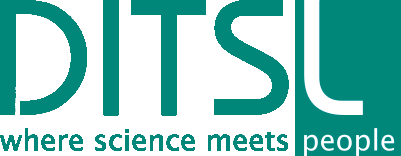





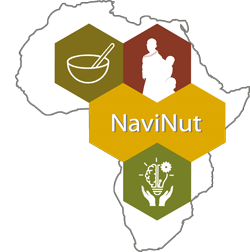 NaviNut
NaviNut